To build a stable and prosperous future for Africa, it is crucial that education focuses on employability for lifetime success of the learners.
The continent currently faces high levels of youth unemployment. A 2020 study has found that over one in five youth are not in employment, education, or training; with Northern Africa showing the highest unemployment rates in the world, at over 30 percent. Africa is also the only region where the youth bulge will continue to grow in the foreseeable future.
ASSISTING GRADUATES TO GAIN EMPLOYMENT
How is Honoris assisting graduates to gain employment and be successful in their chosen occupations in a way that benefits them, the workforce, the community, and the economy?
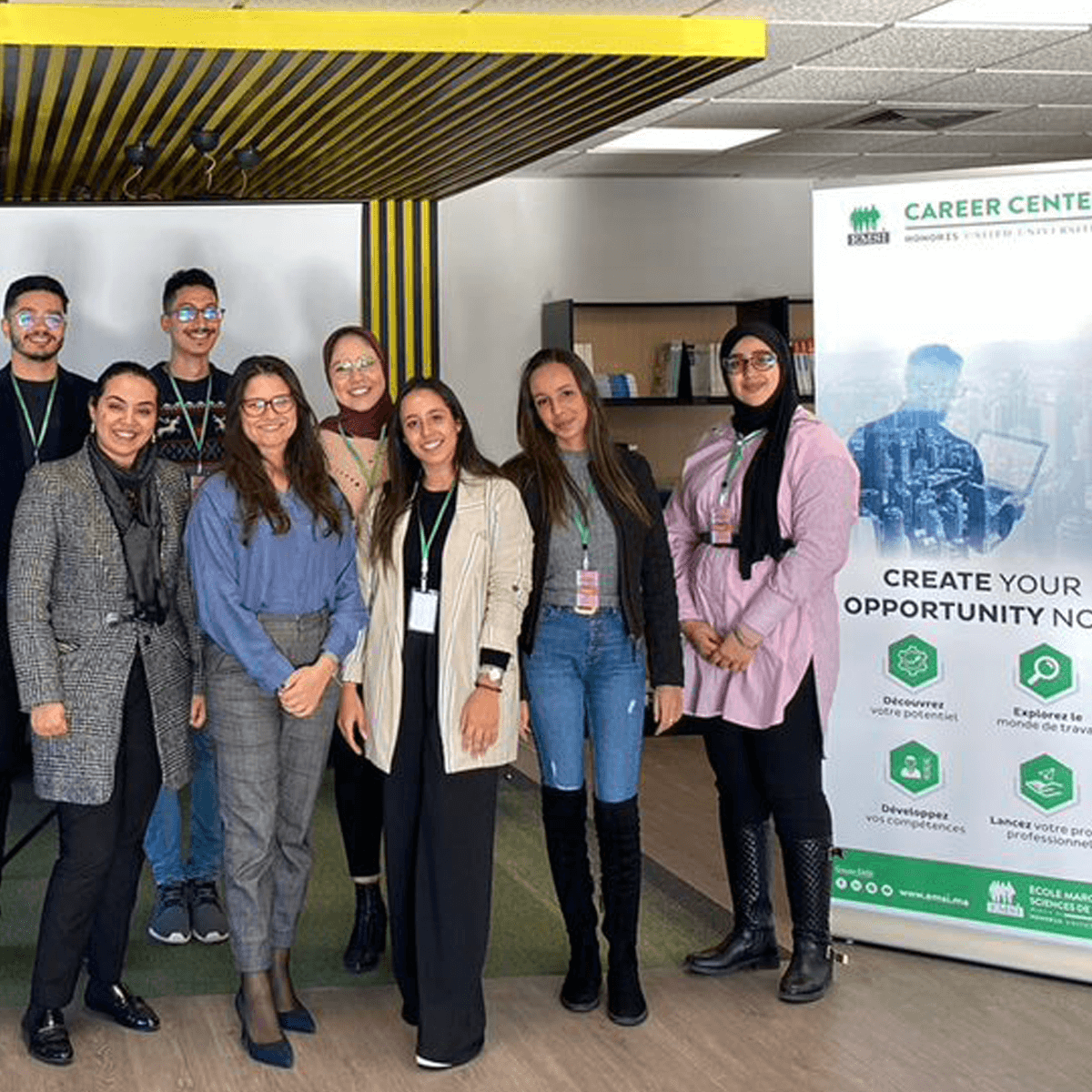
HONORIS RESPONSE
Honoris is committed to enhancing the employability of its graduates by incorporating a comprehensive and mandatory work readiness program into the curricula, enabling graduates to develop soft skills and digital capabilities as well as real world competencies.
This provides graduates with a competitive advantage in the job market, empowering them to succeed in the ever-changing global economy. Honoris not only seeks to improve graduate employability, but also emphasizes the development of the next generation of entrepreneurs who will be providers of employment in the future.
HONORIS EMPLOYABILITY AGENDA ACROSS THE STUDENT LIFECYCLE
The Honoris employability agenda encompasses the complete lifecycle of the student journey from enrollment to graduation and beyond.
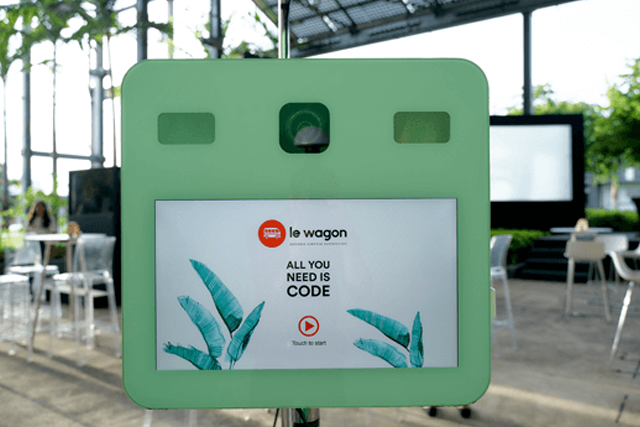
Labor market and relevant curricular offerings
Develop approaches which are suited to issues in a pan-African context. Ensure that member institutions’ verticals and curricula are well-suited to key sectors and in-demand skills.
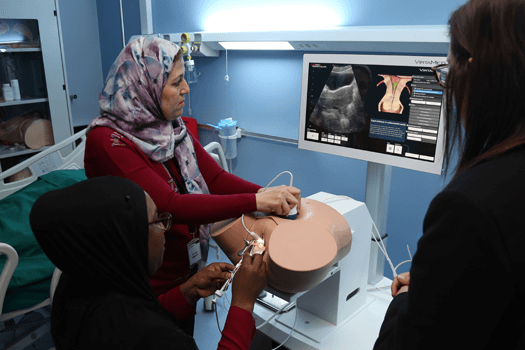
Quality learning outcomes and lifelong impact
Provide high quality technical education and practical skills through a blended approach, to ensure students can easily transition to and from the learning and employment environments. Students need to be trained in the latest innovations and technologies in order to thrive in increasingly data-, automation-, and AI-driven realities.

Enhancing student employment/ entrepreneurial outcomes
Honoris’ skills development and career services work closely with students to ensure that they have the skills required for the modern job market. Career services include services such as counselling, workshops, and webinars. Students and Alumni also have access to a skills development program which covers the 4IR skills, and aims to increase their employability.
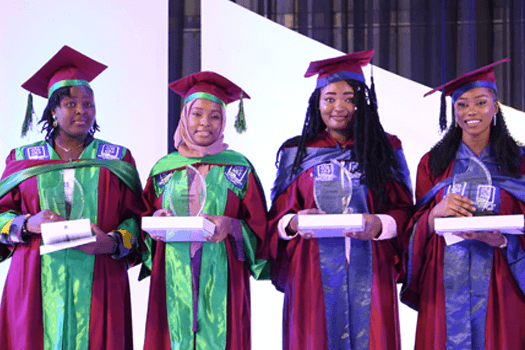
Improving alumni engagement and lifelong learning
Honoris engages with alumni to measure performance on student outcomes across the network at key milestones in their employment progress (i.e., at the 6-, 12-, and 24-month marks).
Honoris approach to employability

Honoris has adopted a deliberate approach to employability to achieve the greatest impact in:
- Addressing unemployment levels
- Providing critical skills required to succeed in the 21st century
- Enabling graduates to make a successful transition from education to employment/entrepreneurship
- Enabling graduates to make a meaningful contribution to the growth of the African continent
- Providing opportunities for graduates to take up roles in top companies through Honoris employer partnerships
- Considering key African employers as stakeholders within the academic experience, and Honoris institutions as an important talent pipeline in its future growth plans
The Honoris employability approach is underpinned by three pillars:
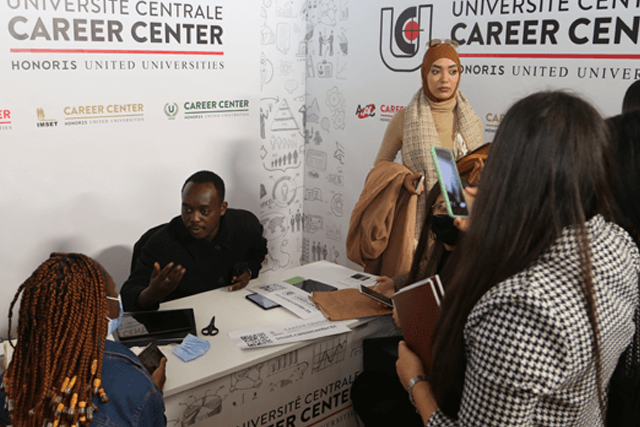
Innovative curriculum
Honoris has mapped three high-growth sectors in Africa and intends to match job market needs around them in their educational offerings. Those sectors are:
- Business: Africa’s banking market is the second fastest in terms of growth (11% compound annual growth rate 2012-2017), and the second most profitable (15% RoE in 2017), globally.
read more
- Health: The African healthcare market was valued at over USD 85 billion in 2017 and is expected to reach over USD 100 billion by 2030, with an expected shortage of 61 million health care workers by 2030 in sub-Saharan Africa. In terms of curriculum, Honoris’ Health Vertical has consolidated and maintained its leadership position (quota driven), placing itself as a pioneer in African Health with the Medical Simulation Center (MSC).
- Engineering/IT: The internet currently contributes USD 115 billion to the African economy; by 2025, the Internet economy has the potential to contribute USD 180 billion, creating more than 200,000 jobs; 40,000 of which will be highly skilled.
In terms of curriculum, Honoris is at the forefront of innovation in IT by adding new programs such as AI, Data Science, Cyber Security, as well as integrating coding as the new second language through the platform with the Honoris 21st Century Certificate. Honoris has also pioneered innovative academic models with the launch of coding bootcamp Le Wagon, as well as pilots focusing on the development of in-demand technology and engineering skills with various EdTechs.
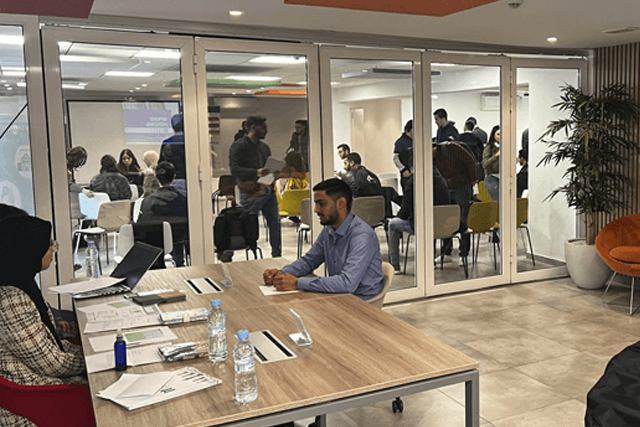
service to enhance employability outcomes
A key function of Honoris institutions is to help prepare students to transition successfully into a future career. Honoris’ Career Centers are designed with both physical and digital spaces in mind, and work seamlessly together with the overarching aim of fostering community between students, alumni, professionals, and corporations. Honoris has 10 active digital Career Center platforms with 13,500 active users, and 11 physical career spaces are currently active across Morocco, Nigeria, and Tunisia, including the flagship Honoris Career Center in Tunis.
Key capabilities of the Career Centers include:
- Full-suite of employability tools: Jobs board, including integrations with Monster and Indeed, which enables students to view and apply to suitable job opportunities instantly.
- Creating a connected community: A collaborative network of alumni, recruiters, students.
- Facilitating ease of administration: Managing an event calendar such as workshops, networking events, and recruitment sessions.
- Managing employer information and engagement: Creating employer profiles on the platform with key contacts.
Honoris also provides a wide range of support services for students to succeed in their career journey. These include:
- Diagnostic Testing: Assessments are conducted to help determine student strengths, areas of improvement and personality traits.
- Career Preparation Skills: Basic skills training to prepare students for interactions with employers.
- Career Advisement and Mentorship: Workshops and mentorship sessions on expectations from various industries, roles and potential career paths.
- 21st Century & Soft-Skills Training: To inculcate key skills such as effective communication, collaboration and critical-thinking.
- Virtual internships: Virtual internships afford students the opportunity to gain vital international work experience without needing to bear the cost or disruption of travel.
In addition, employer-focused services include:
- Job Portal and Internship Management: State-of-the-art online and offline channels are in place to connect prospective employers with Honoris students.
- Employability Ecosystem Management: An ecosystem management strategy has been developed, conducting sectoral analysis/mapping, research on new job trends, and employer feedback on graduates.
- Job Fairs and Networking Events: Employers are engaged to organise networking events and job fairs at Honoris campuses. 150+ employability training workshops/events/webinars were held in 2021 with 52% participation of the final year cohort.
- Alumni Engagement: Data is gathered on graduates to identify and engage alumni of Honoris institutions as ambassadors at key employers.
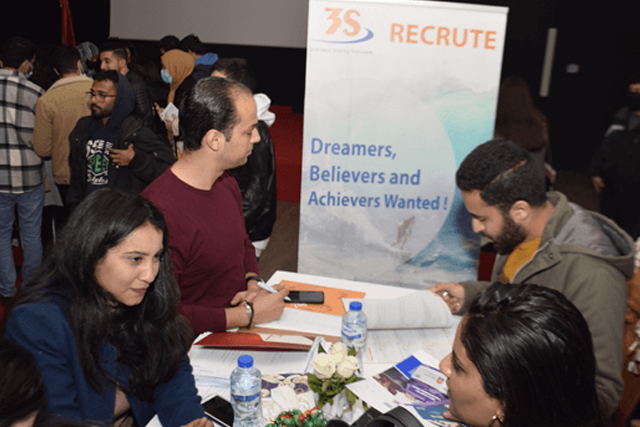
Employability ecosystem management
Honoris develops strong and mutually-rewarding relationships with all the stakeholders of the employability ecosystem.
As the most likely destination for graduates, employers are key stakeholders at Honoris institutions, and are actively engaged so that Honoris understands the skills they require, for the present and in future. Honoris has over 160 partnerships across the network featuring household names, government organisations, SMEs and NGOs. Partnership opportunities are continually evaluated with increasing emphasis on inter-institutional and group-level collaboration.
As employability is a focal point for Honoris, it welcomes its members’ efforts in promoting this core value. The Career Center in Tunisia is a prime example of how employability is successfully propagated in a tertiary institution setting.
Honoris has developed partnerships with leading players in key employment sectors for Africa






























